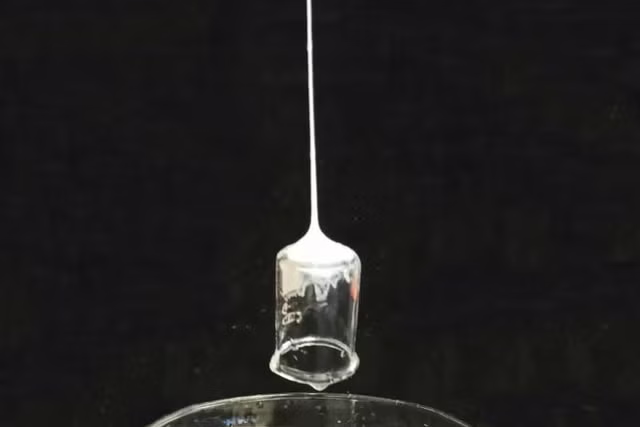The health repercussions of Hurricane Milton could last long after the initial impact, scientists have warned.
Hurricane Milton made landfall on Wednesday evening as a Category 3 storm along Florida's Gulf Coast.
As of Friday morning, at least eight people lost their lives in the storm, according to Associated Press, and Florida health officials have alerted residents to an increased risk of "life-threatening" bacterial infections from the remaining floodwater.
However, another serious threat to public health may be about to begin.
"Hurricanes and extreme weather events can significantly affect mosquito populations," Imelda Moise, a geography professor at the University of Miami, told Newsweek.
"For instance, hurricanes can lead to an explosion in mosquito numbers due to the creation of ideal breeding conditions from increased rainfall, elevated humidity, and nutrient-rich floodwaters.
"Additionally, stagnant water left behind by floods provides perfect breeding grounds for mosquitoes, further amplifying their populations."
In a recent study, Moise and colleagues examined data from before and after Hurricane Irma, a powerful Atlantic storm in 2017. Specifically, the researchers analyzed changes in mosquito populations between 2016 and 2018.
"Our recent study noted an increase in mosquito populations immediately after a Hurricane event in Miami-Dade County heightening the risk of vector-borne diseases as well as nuisance biting mosquitoes," Moise said.
"Specifically, there were 7.3 to 8 times more mosquitoes captured during a four-week span after the hurricane in 2017 compared to the same period in 2016 and 2018.
"With more mosquitoes around, the likelihood of humans and animals being bitten increases, which can lead to a higher incidence of diseases such as dengue, Zika, malaria, and West Nile virus."
Exactly how long this heightened risk persists after a hurricane is still an area of active research.
"The effects on mosquito populations after a hurricane can last for an extended period," Moise said. "If floodwaters do not recede quickly, they can create new breeding areas, leading to a subsequent increase in mosquito populations.
"This increase can be further influenced by factors such as population displacement which can exacerbate the occurrence of mosquito-borne disease risk.
"Therefore, the aftermath of the flood event may have a more significant impact on mosquito abundance than the event itself."
So, what can you do to reduce your risk of mosquito-borne diseases?
"People need to eliminate standing water around their homes, use EPA-approved insect repellents, and wear long-sleeved clothing," Moise said. "They must also ensure that windows and doors have intact screens and using mosquito nets when sleeping.
"Additionally, it's advisable that they stay indoors during peak mosquito activity times (dawn and dusk) and support local mosquito control efforts. If one experiences symptoms like fever or rash, seek medical attention promptly."
Do you have a tip on a health story that Newsweek should be covering? Let us know via science@newsweek.com.
Reference
Moise, I. K., Huang, Q., Mutebi, J., & Petrie, W. D. (2024). Effects of Hurricane Irma on mosquito abundance and species composition in a metropolitan Gulf coastal city, 2016–2018. Scientific Reports, 14(1). https://doi.org/10.1038/s41598-024-72734-z
Disclaimer: The copyright of this article belongs to the original author. Reposting this article is solely for the purpose of information dissemination and does not constitute any investment advice. If there is any infringement, please contact us immediately. We will make corrections or deletions as necessary. Thank you.



